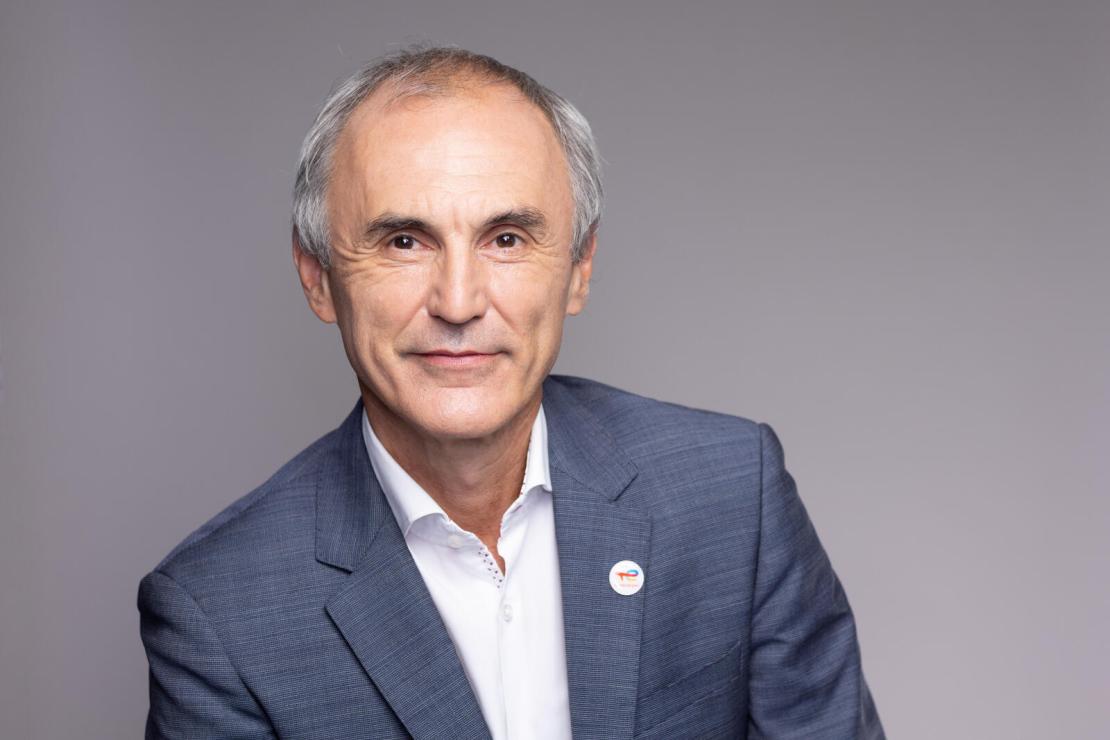10/13/2017
Big companies are looking for fresh ideas. Start-ups are looking for a real-condition environment to test theirs.
Setting-up a meeting between them is what Plant 4.0 is about. This innovative open-innovation concept, developed by Total since 2016, allows start-ups to test their technologies in the facilities of big industrial companies which are looking for innovative and real-world solutions.
Building on the success of the first edition, Total is joined this year by five major industrial players : Solvay, AREVA, Eiffage, Air Liquide et VINCI Energies. This line-up will give the start-ups more options for incubation. The tough selection process is now over, and 5 start-ups have been chosen to start working.
“For the start-ups selected, it's an opportunity to try out their technology by moving it to the application stage”, Éric Duchesne, technologist and president of the 2017 jury, tells total.com.
This year, other major industrial operators are represented on the jury. Why is it important for them to take part in the project?
E.D. / Total did in fact organize the first one alone. This year, five partners attracted by the concept — Eiffage, Air Liquide, Solvay, VINCI Energies and AREVA — joined us. It gives the start-ups more options for incubation and more potential backers. For Total, it's a chance to run our ideas by our partners, with whom we have common issues and a desire to pool our work through this initiative. We have the support of Impulse Lab, which provides us with an incubation facility and a freedom to speak that is invaluable for start-ups interacting with big companies. So it's open innovation in several respects, through discussing ideas with the start-ups, Impulse Lab and our partners.




